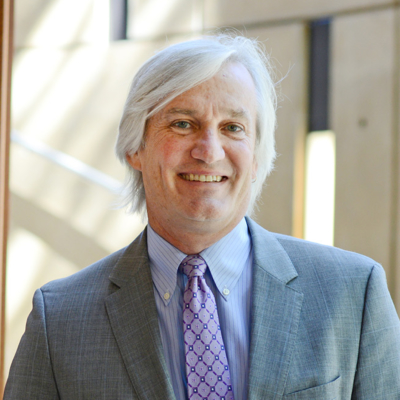Bay Area Played Key Role In Legal Battles On Torture
Summary
Senior Lecturer Allen Weiner and Lecturer Chip Pitts weigh in on the lack of legal action taken against U.S. interrogators involved in torture and brutality to prisoners.
President Obama’s resistance to taking legal action against U.S. interrogators or their enablers wasn’t included in the recent Senate report. It first surfaced in a San Francisco courtroom in February 2009, when the new administration confronted the case of a Bay Area firm that flew captives to foreign countries known for their brutality to prisoners.
Less than a month earlier, the newly inaugurated president had issued orders banning torture and closing CIA “black sites,” where some of the worst abuses had taken place. Obama had also declared that he considered the near-drowning technique called waterboarding to be an illegal act of torture — while also telling an interviewer, in the first of many such statements, that “we need to look forward as opposed to looking backwards,” an apparent reference to his unwillingness to bring charges against anyone in the previous administration.
…
“I think somebody should be prosecuted, but some of these cases could be difficult,” said Allen Weiner, director of Stanford’s Program in International and Comparative Law, and a U.S. State Department attorney from 1990 to 2001.
CIA interrogators accused of lawbreaking could claim reliance on legal advice from the Justice Department, Weiner said, while the lawyers who gave that advice, like Yoo, could be convicted only if a jury found they had given advice they knew to be erroneous. If the administration prosecuted and convicted anyone, Weiner said, Obama would probably be accused of “criminalization of politics.”
…
“In an ideal world, we would live up to our international obligations, but on very practical grounds … the entire U.S. establishment is obviously disinclined to do that,” said Joe “Chip” Pitts, a lecturer at Stanford Law School and former chairman of Amnesty International USA. He argued that a refusal at the highest levels to prosecute harms national interests because it “rationalizes torture by dictators around the world.”
…
Beth Van Schaack, a visiting professor of human rights law at Stanford, said other accountability measures could include lifting the gag orders that prohibit prisoners at Guantanamo from talking with their lawyers about conditions of their confinement, and declassifying the rest of the Senate report.
“Can’t we find a way to pay reparations to those individuals who were seriously mistreated in our custody?” Van Schaack asked. “Could we not issue a formal apology?”
Read More
